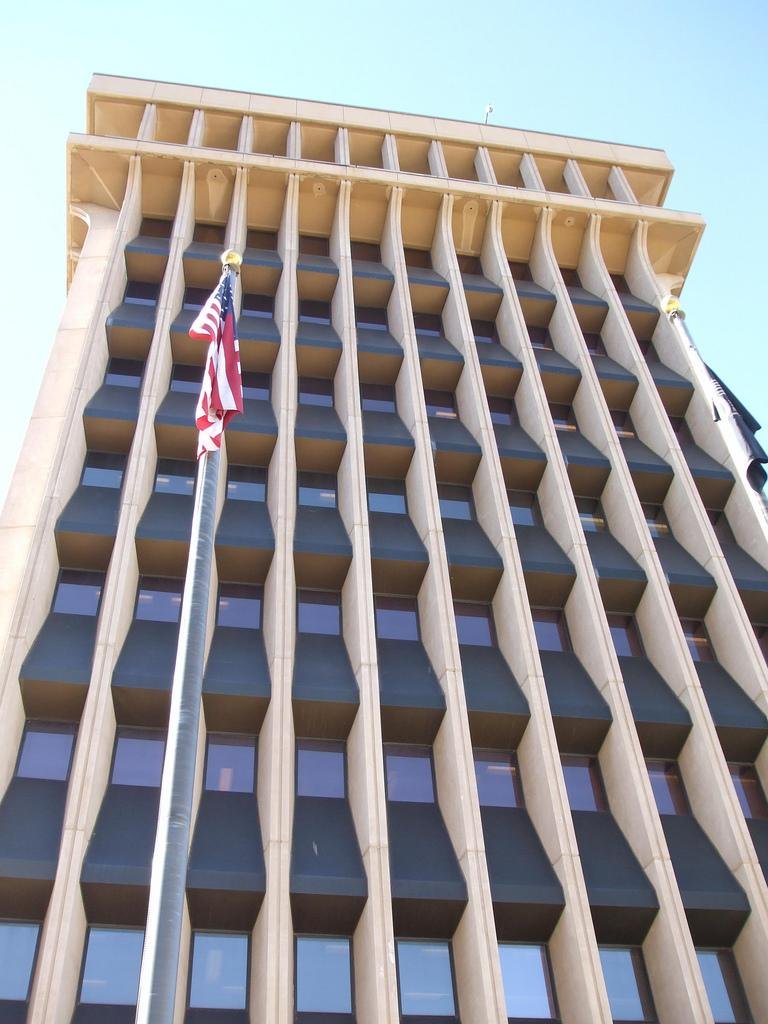border
Tucson Grapples with $13 Million Deficit as Marana Weighs Increased Water Rates

The city of Tucson is poised to face a budget deficit in the coming fiscal year, though the situation appears less severe than earlier projections indicated. During a recent study session, the City Council reviewed financial forecasts for the 2025-26 budget ahead of a June voting deadline.
Previously, city officials had warned of a looming $26 million shortfall for the 2024-25 budget year, but that estimate has since been revised to $13 million. Tucson’s reserves have decreased from $23 million at the end of the last budget cycle to a projected $7 million this year, a significant drop.
It’s essential to note that these figures pertain to the general fund, which includes unrestricted revenues, rather than enterprise funds like Tucson Water, where service fees cover operational costs. As the economy evolves, budget predictions are subject to change, relying heavily on forecasts that may not align with actual economic conditions.
City Manager Tim Thomure aims to allocate $17 million for employee salaries to remain competitive amid a local labor shortage. However, economic downturns could shift priorities and affect budget calculations based on job market dynamics.
The last significant recession hindered Tucson’s sales tax revenues for over a decade, illustrating the potential long-term impacts of economic fluctuations. Consequently, all budget estimates remain tentative, with various factors capable of altering the landscape.
A recent staff memo clarified that the financial issues are unrelated to Proposition 414, which includes dedicated funding sources for specific programs via a half-cent sales tax. The funds generated are earmarked strictly for the outlined initiatives and cannot be repurposed for other uses within the general fund.
In the event of a recession, general fund revenues would likely decline, complicating the city’s ability to sustain current programs. If stability persists in the local economy, the budget outlook may become clearer by June 2026, the target prediction year.
Despite growing caution from economists about a downturn, the predictions remain speculative. For instance, a current regional transportation planning effort led by the Regional Transportation Authority (RTA) seeks voter approval for a new 20-year funding mechanism, supported by a renewed sales tax. The ongoing public engagement process is expected to shape this plan further.
Disputes have emerged between the city and the RTA regarding revenue distribution. Tucson is anticipated to contribute approximately two-thirds of the sales tax revenue but will receive only 55% of funding for local projects, leading to dissatisfaction among councilmembers.
Additionally, unfulfilled promises from previous RTA plans have left some projects unaddressed, creating further distrust among voters. The need for consistency and follow-through on commitments remains critical as the council navigates these budget discussions, particularly with the upcoming meeting focused on the RTA funding proposal.
In related council matters, Tucson Clean and Beautiful is seeking a $175,000 contract to oversee environmental initiatives, including waste reduction efforts and the “Team-Up to Clean-Up Program.” Additionally, the Pima County Board of Supervisors will contemplate supplemental budget requests totaling $72 million, amid recommendations for significant cuts.
Meanwhile, the Marana Town Council will move forward with settling a lawsuit regarding wastewater impact fees with the Southern Arizona Home Builders Association, entailing a three-year commitment to freeze fees and compensate $500,000 in legal expenses. This settlement is estimated to cost the town $7.5 million over the next few years.
In Oro Valley, studies conducted using artificial intelligence indicate a significant loss of sales tax revenue due to a lack of local retail options. The town plans to raise water rates in response to these findings, which highlight the need for enhanced economic development.
Lastly, the Nogales City Council is set to vote on a grant for Operation Stonegarden, intended to bolster local law enforcement’s capacity to address immigration enforcement, though the program has faced criticism over potential racial profiling issues.
In South Tucson, discussions are underway regarding a contract for body-worn cameras, while Pima Community College is expected to maintain its tuition rates for the upcoming academic year, further indicating a focus on fiscal responsibility across local institutions.


















